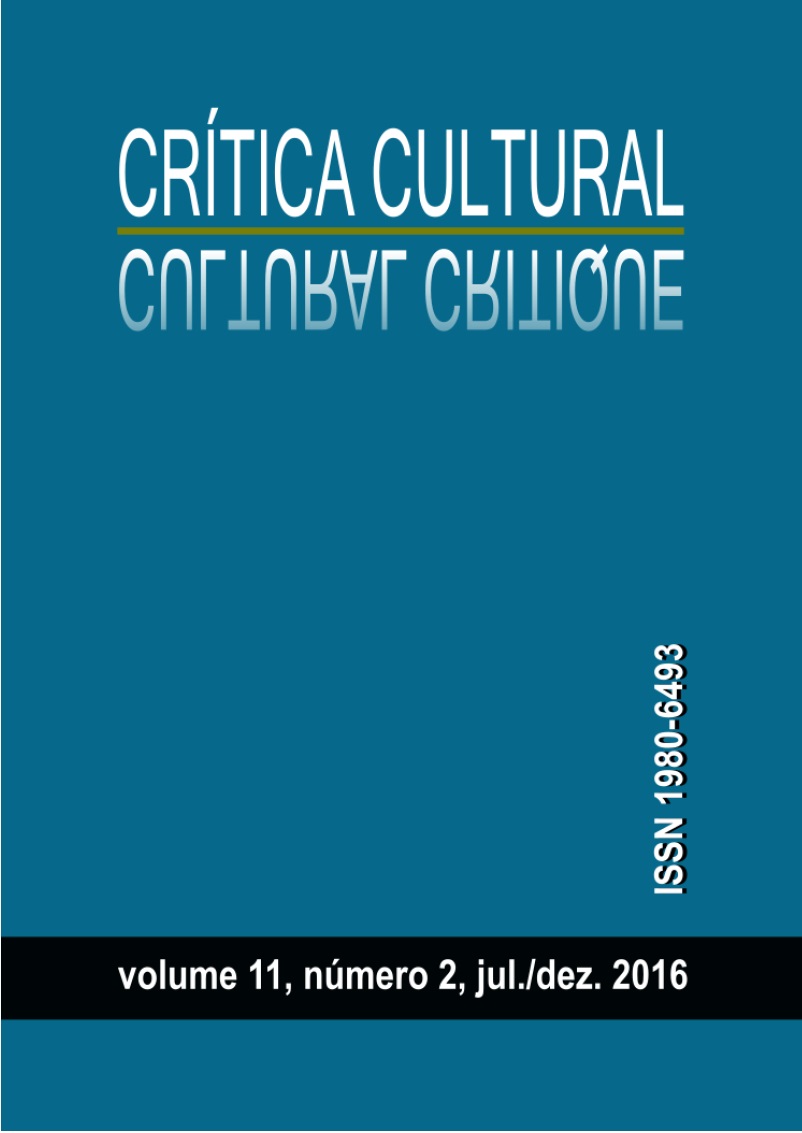Contemporaneity and composition: João Cabral de Melo Neto writes Joan Miró
DOI:
https://doi.org/10.19177/rcc.v11e22016205-223Keywords:
João Cabral de Melo Neto, Joan Miró, Brazilian poetry, Anachronism, Assembly, ModernismAbstract
This work focuses on the relation between a contemporary notion of contemporaneity and an aspect of the composition procedure of João Cabral de Melo Neto's poetry, in the light of the reading that the poet from Pernambuco made of Joan Miró in a 1949 essay. It is intended to show the way in which Cabral - far from the will to rupture of 22 Modernism, and away from both the exoticism implicit in the paradigm of the modernist journey of "Brazil's discovery" and its possible dialectic of colonization reverberations - elaborates his poetry as an anachronic power of imagination, in which events, beyond their transcendence, are written as contingent commotions that tend to multiply their origins, rather than merely recording them. Finally, the paper will reflect about the singular composition of the Cabraline poem as an assembly, or reassembly, of heterogeneous temporalities, an areal meditation or a poetry making with "things" in which simultaneity complains, rather than guarantee temporal synchrony with the present, the contemporaneity or survival of voices silenced by a catastrophic civilization.Downloads
Published
2016-12-15
Issue
Section
Dossiê: Miró, poesia (e/é) pintura
License

Revista Crítica Cultural de http://www.portaldeperiodicos.unisul.br/index.php/Critica_Cultural/index está licenciado com uma Licença Creative Commons - Atribuição 4.0 Internacional.


